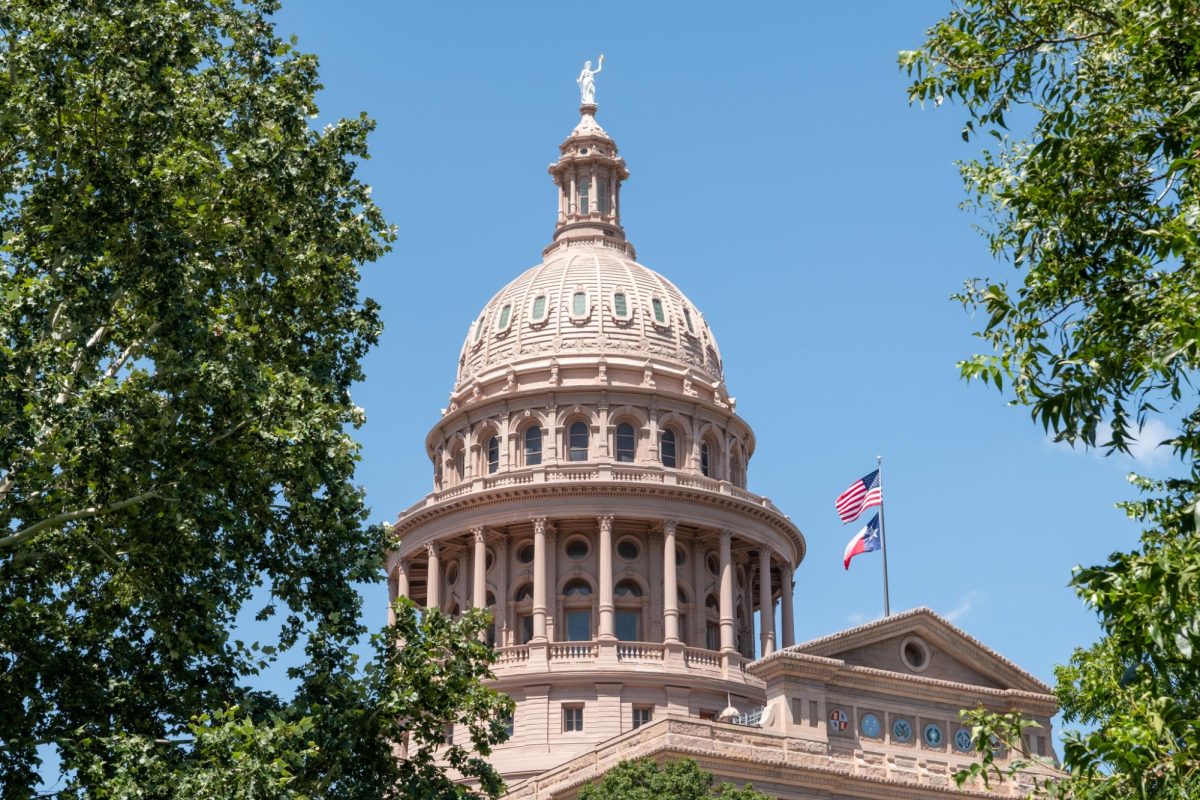Students voiced concerns over potential tuition increases at the Tuition Policy Advisory Committee’s first open forum of this tuition-setting term Wednesday.
This is the first year the committee has held a public forum more than a month before it makes tuition recommendations to President William Powers Jr.
Committee members explained the tuition-setting process the University has used since 2003 when the state legislature handed its power to set tuition rates over to state universities’ governing boards.
TPAC gets input from each of the colleges’ and schools’ College Tuition and Budget Advisory Committee. TPAC will take this input and make tuition recommendations to Powers, who will then recommend tuition policy to the UT System Board of Regents later this semester. However, tuition policy for the next two years will ultimately be set by the Board of Regents.
Student Government President Natalie Butler said the UT System suggested that any tuition increase must be tied to an effort to improve four-year graduation rates and should stay within a 2.6 percent increase.
Mary Knight, associate vice president and budget director, said the Board of Regents limits graduate tuition to 1 percent more than undergraduate tuition.
TPAC co-chair Steven Leslie, executive vice-president and provost, said his office wants to monitor the graduate programs, but the tuition decisions have focused on the four-year graduation rates of undergraduates, as directed by the board.
“Driving force of the economy is driven by these big universities,” Leslie said. “We do not want to force students through the University.”
During the forum, students and parents voiced their concerns about tuition increases.
Information studies graduate student Michael Redding, who is also a member of the school’s College Tuition and Budget Advisory Committee, said students in his two-year graduate program are worried. He said the emphasis on four-year graduation rates in setting tuition policy may not accurately reflect the academic needs of two-year graduate programs.
“If you do it in four years you’re doing it wrong,” Redding said. “The concern is we’ll have these really nice buildings, but no faculty to teach us.”
Nursing junior Jaclyn Rosenthal said efficiency at the School of Nursing seems impossible because students must apply to pre-nursing first and then reapply to upper division nursing.
“[When I was in pre-nursing] they told me about 75 percent of students who get into pre-nursing get into upper division,” Rosenthal said.
She said the nursing school could not afford to keep two teachers this year, which lowered the upper division capacity to admit only 55 percent of students who applied. Rosenthal said some of her nursing classmates take classes outside their degree plan as they wait to be admitted to the upper division nursing sequence.
Leslie said both the nursing school and the pharmacy school must confront these issues because they are competitive, professional schools and receive significantly less funding than medical programs.
Government senior Crystal Zhao said she worked as an orientation adviser this summer and registration posed challenges for incoming freshmen to prepare for an efficient graduation plan.
“I had a very hard time putting students in classes that they needed,” Zhao said, who is also a College of Liberal Art representative. “It really discourages the four-year graduation rate.”
Printed on Thursday, October 13, 2011 as: Students offer input about tuition changes: Advisory committee holds first public forum, receives outside input about polices




















